TRIBAL RITES OF THE NEW SATURDAY NIGHT-BROOKLYN DISCO 1974-5.
Tribal Rites Of The New Saturday Night-Brooklyn Disco 1974-5.
Label: Ace Records.
Release Date: 30th June 2023.
Londonderry-born writer Nik Cohn moved to New York in 1975, and started writing for New York magazine. One of his first assignments was documenting a new underground movement in the clubs of Brooklyn and Queens. These discos were far removed from Studio 54 and Paradise Garage which later, would play an important part in the history of disco.
The clubs in Brooklyn and Queens lacked the glitz and glamour of those in Manhattan. They were more downtown than uptown. One of the clubs was merely an Italian dinner club with a basic lighting rig. However, for the DJs and dancers this didn’t matter as it was the dawn of a new era.
Back then, DJs put in the hard yards, going out crate digging in record shops, second hand stores and even searching warehouses looking for music to play in clubs at weekends. Mostly they played a mixture of soul, R&B and Latin music to an appreciative audience who sought out the new clubs.
They knew, and enjoyed being part of a new musical movement. There was an air of excitement and feeling of unity. Dancers lived for the weekend, dressing up on a Saturday night and dancing the night away after another week of 9 to 5 drudgery. For those working in shops and offices it was the perfect antidote. It was what they lived for, an escape from reality that only a select few in the two boroughs knew about. This would soon change.
By June 1976, when Nik Cohn’s article Tribal Rites Of The New Saturday Night was published in New York magazine, disco was no longer an underground movement. It was now the biggest and most successful musical genre on the charts. It no longer the venue and was now a genre. Disco was now well on its way to becoming a cultural phenomenon.
Nik Cohn sold the film rights to Tribal Rites Of The New Saturday Night to musical impresario Robert Stigwood. His essay formed the basis for Saturday Night Fever which was released on December ‘16th’ 1977, grossing $237.1 million and helped to popularise disco worldwide.
Soon, disco was a global phenomenon. Record labels jumped on the disco bandwagon. Many artists saw it as a way to kickstart ailing and failing careers. Sometimes this worked and careers were revived.
Meanwhile, in New York and Philly some of the finest music of the disco era was being produced. The music proved to be truly timeless and a tantalising taste of can be found on Tribal Rites Of The New Saturday Night-Brooklyn Disco 1974-5. It’s been compiled by Bob Stanley and is the soundtrack to Nik Cohn’s essay. The twenty-two tracks were played in Brooklyn discos during 1974 and 1975 and transport the listener back to the dawn of disco.
Opening Tribal Rites Of The New Saturday Night-Brooklyn Disco 1974-5 is Helplessly by Moment Of Truth. It’s a track from their 1977 eponymous debut album. It was arranged and produced by Van McCoy and released on Salsoul. Strings dance and combine with a pulsating beat and harmonies as soul and early disco seamlessly combine on this oft-overlooked hidden gem.
Welcome To The Club by Blue Magic is undoubtably a Philly Soul classic. No wonder, as It was written by Alan Felder and Norman Harris who produced the group’s 1974 eponymous album. They’re backed by MFSB who were accompanied by Don Renaldo and His Horns and Strings. When the album was released by Atco it reached forty-five on the US Billboard 100 and four on the US R&B charts. This was the first of three albums critically acclaimed one of the Philly’s greatest soul group released.
Funk, soul and disco combine on I Can’t Move No Mountains by Margie Joseph. There’s even a hustle influence on Arif Mardin’s arrangemeny. He also produced the album Margie which was released on Atlantic in 1975. The vocal is sassy, sensual and soulful and combines beautifully with the arrangement on a track that would still fill a dancefloor.
Faith, Hope and Charity provided the vocals on Van McCoy’s 1975 classic The Hustle. That year, the trio recorded their eponymous album with Van McCoy. He also wrote the irresistible sounding Mellow Me. It’s a glorious fusion of soul and disco that became a favourite of DJs in Le Club in New York and Chicago’s Den 1.
Frank and Vance Wilson cowrote Just As Long As We’re Together with Barry White, who produced the song for Gloria Scott. It was released as a single on Casablanca in 1974 but sadly, failed commercially. That’s despite being soulful, funky and dancefloor friendly. It’s no wonder the track was a favourite of DJs and dancers in clubs in Brooklyn and Queens.
Sons Of Robin Stone were a nine piece soul group from South West Philly. They had signed to Atco and in 1974 released Got To Get You Back. It was written by Vinnie Barrett and guitarist Bobby “Electronic” Eli who also took charge of production. It features an arrangement by legendary vibraphonist Don Renaldo. His brass chart is punchy and leaves a lasting impression as the nonet combine soul and disco. It’s a single that could’ve only have been recorded in one American city, Philadelphia.
Amongst aficionados of Philly Soul, the late, great Bobby Martin is regarded as legend. He played an important part in the sound and success of The Sound Of Philadelphia. In 1975, he arranged, conducted and produced Ecstasy, Passion and Pain’s 1975 eponymous debut album for Roulette. The disco-soul group from New York is backed by MFSB and the Sweethearts Of Sigma who add their trademark backing vocals. The result is hidden gem of a dancefloor filler that deserves to be heard by a much wider audience.
Act 1 was a Detroit-based studio band who only recorded one album. This was their eponymous debut album, which was released on Spring in 1975. One of the album’s highlights is the floater It’s The Same Old Story which has stood the test of time.
By 1974, soul singer Betty Everett was thirty-five and had already enjoyed a successful career. Eighteen of her solo singles had charted and so had three of the duets she recorded with Jerry Butler. However, in 1974 she recorded the album Happy Endings for the Fantasy label. It was produced by Billy and Gene Page who also arranged and conducted the track. This includes Keep It Up which finds the Greenwood-born singer at her most soulful as she delivers a vocal full of emotion.
Before embarking upon a solo career in 1974, Virginia-born Major Harris was a member of one of the finest Philly Soul groups, The Delfonics. His debut single was Each Morning I Wake Up, which was written by brothers Melvin and Mervin Steals. This beautiful, joyous and timeless track was credited to The Major Harris Boogie Blues Band when it was released on Atco. However, when the song appeared on the album My Way later in 1974 it was the debut album from Major Harris. It’s his finest hour and also features another Philly Soul classic Love Won’t Let Me Wait.
Closing Tribal Rites Of The New Saturday Night-Brooklyn Disco 1974-5 is one of the most successful groups signed to Philadelphia International Records, Harold Melvin and The Bluenotes. Wake Up Everybody was the title-track to their million-selling fourth album which was released in 1975. The track was written by Vic Carstarphen with McFadden and Whitehead. It was a powerful, anthemic song, and is an example of music with a message. The group combine elements of gospel and disco with their trademark Philly Soul sound and in doing so, close the album on a soulful and poignant high.
Tribal Rites Of The New Saturday Night-Brooklyn Disco 1974-5 is a lovingly curated compilation, that’s a reminder of the dawn of disco. Back then, there was an air of excitement and a feeling of togetherness and unity in the clubs of Brooklyn and Queens as everyone lived for the weekend and longed to escape the drudgery of everyday life.
This was way before disco became a cultural phenomenon, and Saturday Night Fever introduced the genre to a wider audience. Robert Stigwood’s film was a gamechanger. Disco became the most successful genre on the charts. Soon, it was the age of superclubs populated by pop stars, models and beautiful people as a new breed of superstar DJs provided the soundtrack. Suddenly, glitz and glamour was the day.
This was a far cry from 1974 and 1975 when a disco was a venue not a genre. Tribal Rites Of The New Saturday Night-Brooklyn Disco 1974-5 is a reminder of this, and showcases the music that DJs discovered and played and were a soundtrack to evenings of escapism downtown for a generation of dancers who were part of what was a new and exciting musical movement.
Tribal Rites Of The New Saturday Night-Brooklyn Disco 1974-5.
- Posted in: Disco ♦ Funk ♦ Philadelphia Soul ♦ R&B ♦ Soul
- Tagged: Ace Records, Betty Everett, Blue Magic, Bobby Martin, Don Renaldo’s Strings and Horns, Ecstasy Passion and Pain, Gloria Scott, Harold Melvin and The Bluenotes, Major Harris, Margie Joseph, MFSB, Moment Of Truth, Norman Harris, Sons Of Robin Stone, Tribal Rites Of The New Saturday Night-Brooklyn Disco 1974-5
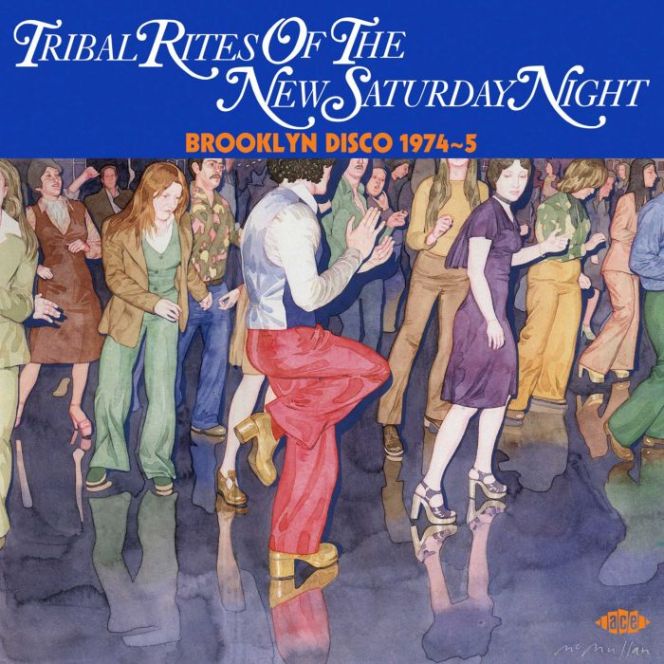
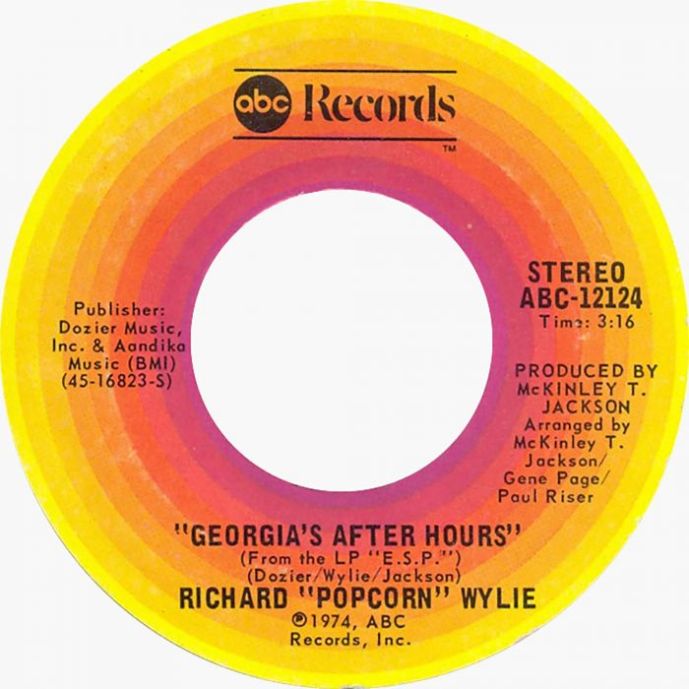
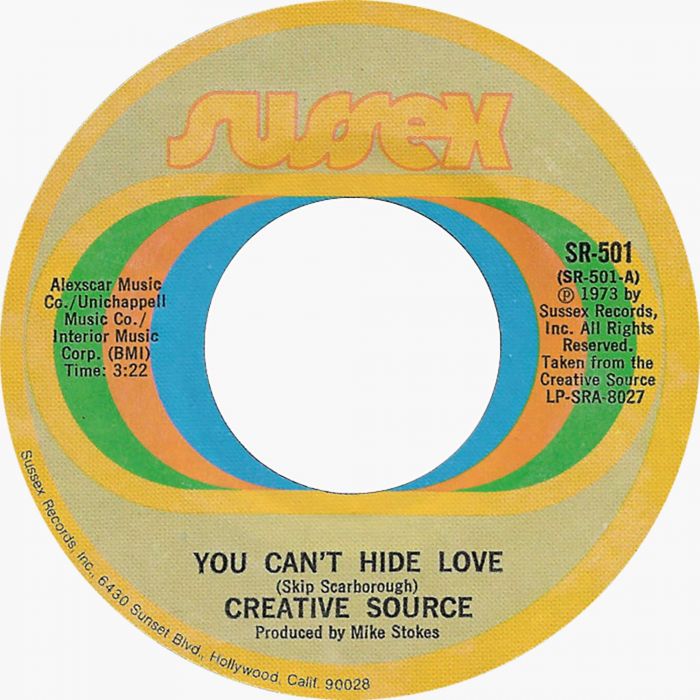
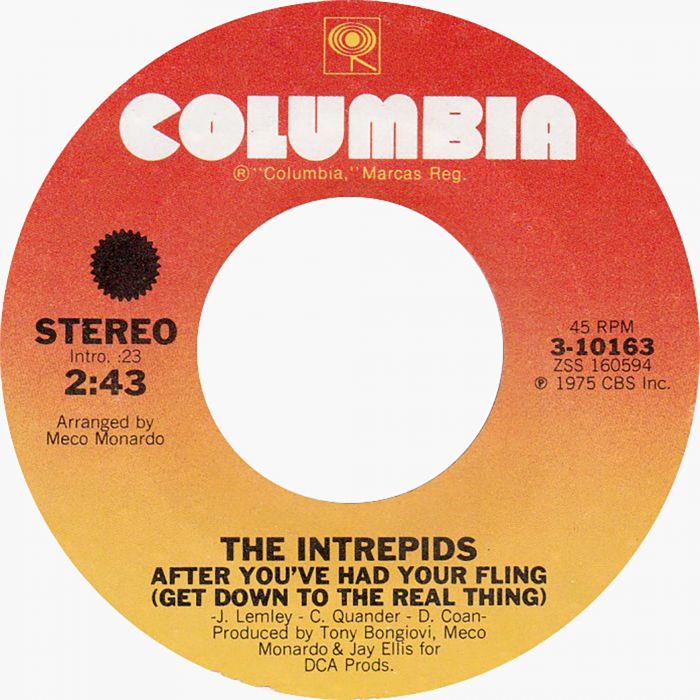
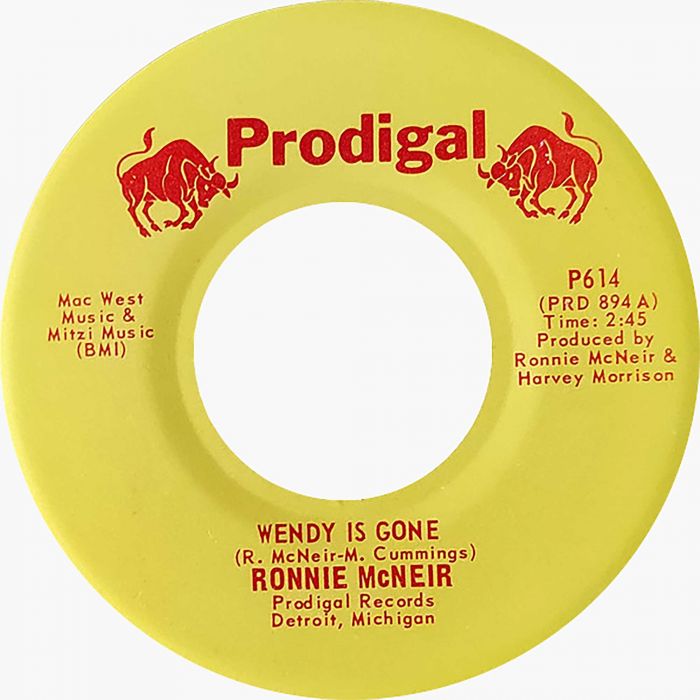

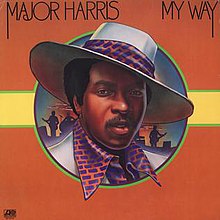
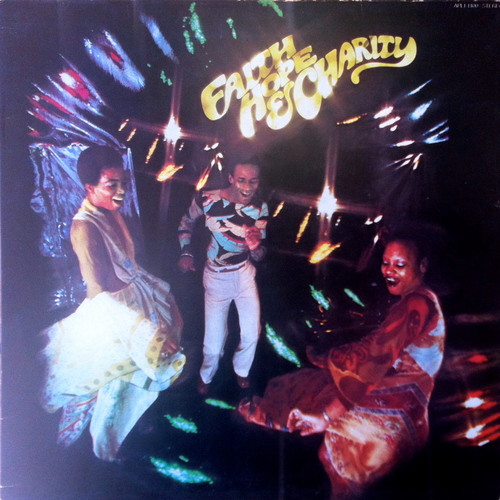
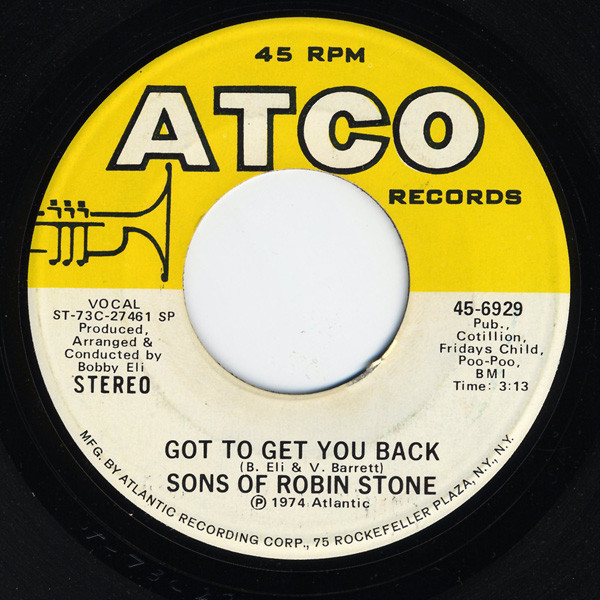
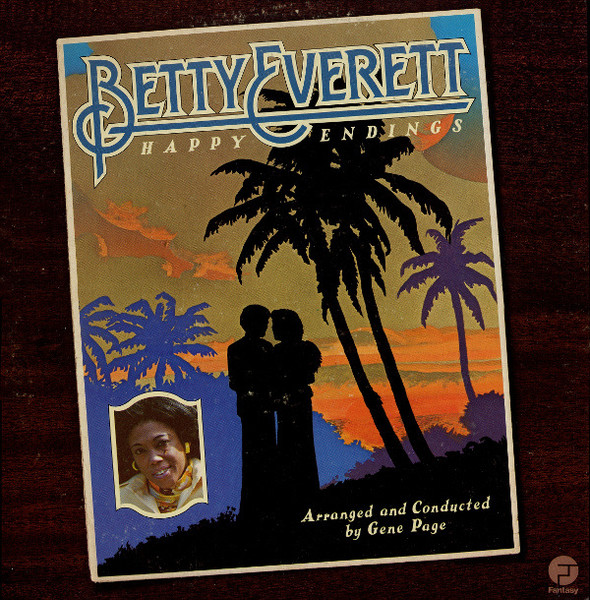
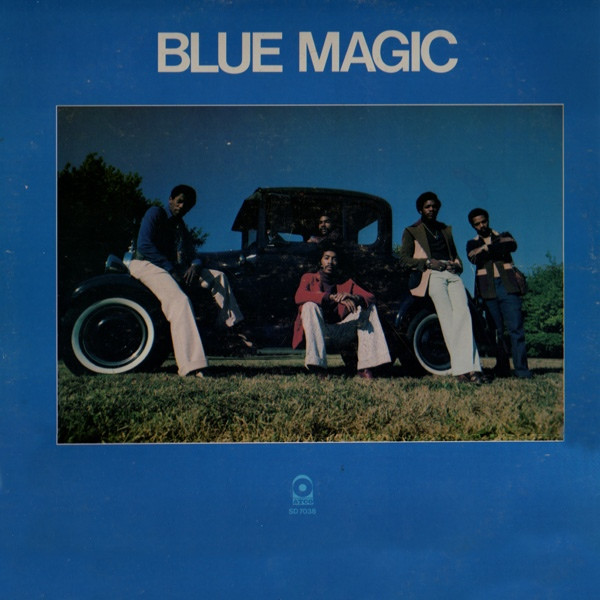
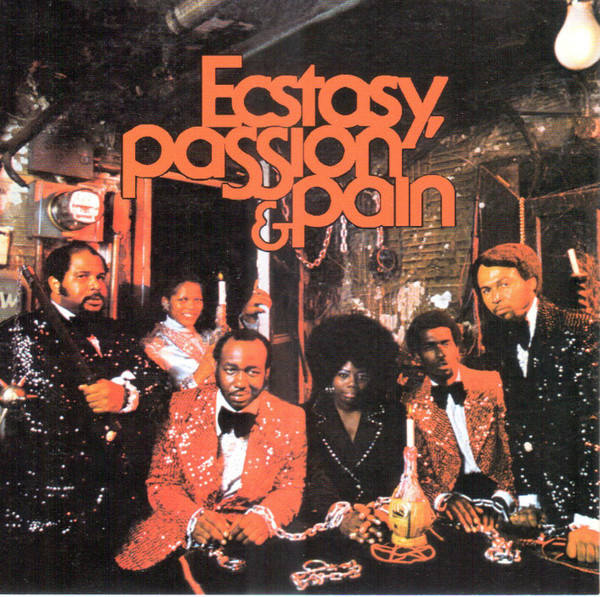
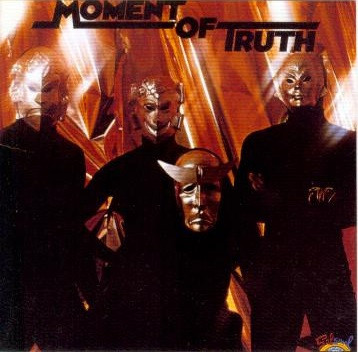
A piece of history right there, love y that Philly Soul, Betty Everett should be well remembered.
It captures the sense of excitement, escape, and unity that disco brought to its early followers and celebrates the influential music of that era.